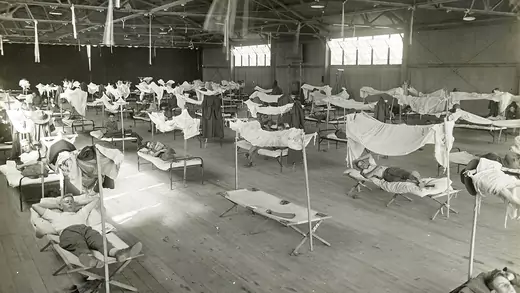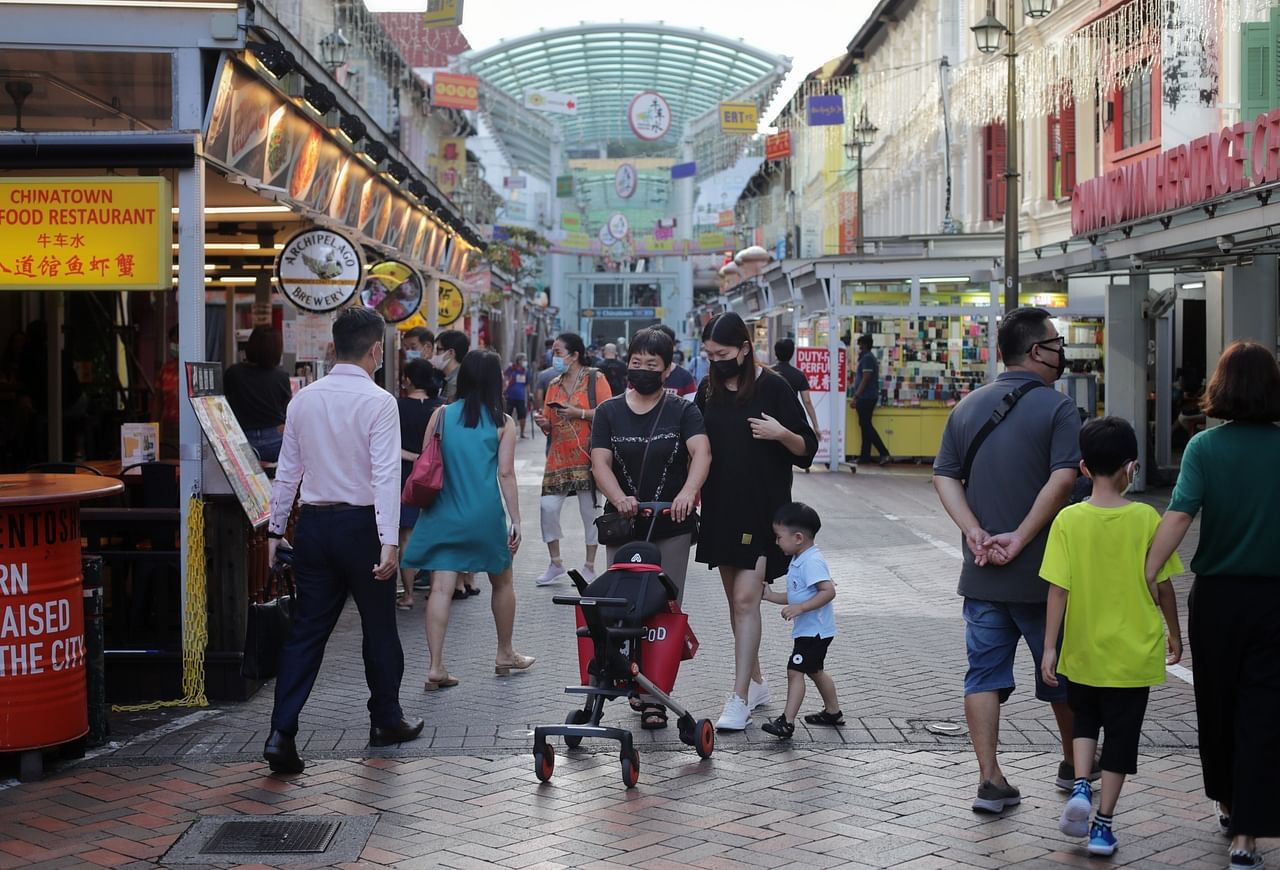- Joined
- Oct 9, 2010
- Messages
- 3,408
- Points
- 113
Simply put TLDR mode is : Vaccines just like antibiotic will heal you if your Natural Immunity is working fine it enhance it's battle vs the viruses. But if you kena new infections due to new stronger variants or bigger viral loads because of more or longer exposure you'll then need boosters 1 then 2 then 3 it never end until your body finally collapse.
Vaccines also helps to stall the congestions in hospital if it works but alas Pfizer is only 40% effective and if given to the entire population and if there's newer stronger variants the entire theme fails as after few months the effectiveness of the vaccine is gone and the vaccinated people are now at lower natural immunity hence the scramble to get you the booster shots.
Pfizer Vaccine is only 40% effective 95% efficacy hurriedly promoted for use due to time constrain and no other choices. Also failed herd immunity plan as the virus mutated though we made good money on Pfizer shares along the way am i right and fair to put it this way ?
Nobody is really anti-vaccine we're all living in the same world the only difference is some of us already knew this as this is not the first time Humanity has gone thru a 'pandemic' and eventually 'endemic'.
Hence some of us chooses not to vaccine and fight it raw, do or die is also a way out naturally since beginning of time. Big risk but nature wins eventually and is the only way out atm until a cure is found is it not ?

Influenza patients on cots at a makeshift treatment center in Lonoke, Arkansas, in November 1918. National Archives
*RSVP reply and tok nicely logically don't add insults and we all appreciate that. Thanks !
____________________________________________________________________________________________________________________________________________________________________________
Firstly, sorry for posting and linking another site's posting here is not very nice or ethical.
https://forums.fuckwarezone.com.sg/...ur-lives-in-an-untested-theory.6598323/page-2
Read this and i think it's nicely explained :
mRNA actually provides information of virus for our body to make antibodies that fight against covid virus, however, mRNA will break down after a while, thus no longer provide information. As such, body may stop producing these antibodies anymore. This is because our body normally needs resources to for other things like make blood cells, repair damage cells etc, and our resources are limited, causing DEMAND more than SUPPLY, therefore when mRNA no longer around, body will auto divert all the resources to make covid antibodies for other things lor. And many people in the world doesnt know that ITS OUR ANTIBODIES THAT ARE EFFECTIVE AGAINST COVID VIRUS, NOT THE VACCINE ITSELF THAT PRODUCES ANTIBODIES TO FIGHT COVID VIRUS! And the AMOUNT OF ANTIBODIES PRODUCES BY INDIVIDUAL VARIES ACCORDING TO ONES HEALTH, where old, babies and children tends to be weaker and slower in producing antibodies, which is why they are more prone to covid 19 virus. As i often sees people interview in TV and they all say I GOT VAX SO I AM SAFE AND NO NEED TO FEAR COVID ANYMORE! They do not know that VAX is not the antibody that fight the covid virus at all!
I think many people throughout the world miss a SUPER impt point here, the vaccine effectiveness is constantly decreasing in our body, but the virus is a living being that is constantly growing stronger and mutating reaching to become superman in our body! Very soon, having 3rd vaccine will deem no use, then 4th vax, 5 vax, 6 vax, 7 vax? never ending vax? what other serious side effects will we have if we keep taking so many vaccines constantly in long run? Thus, the solution here is not having this vaccine but we need a cure! And the whole world needs to hang in there until a cure is found! And this Vaccine is just a temporary medicine or measure to help mankind to stall for more time to enable scientists to find a cure thats all. Thus, this vaccine is never a cure but a temporary measurement put in place to enable humans to find a cure! Therefore, the vaccine is a circuit breaker itself! But why am i seeing currently most resources and scientists, researchers are allocated to focus in producing stronger vaccines instead? Is it because of huge profits earning in selling Booster vaccine yearly? If this misconception and misallocation of scientists, researchers and resources are not change and reallocated throughout all the countries, from focusing to produce stronger RNA vaccine instead of focusing in finding a cure, i really doubt human beings will have a chance against this deadly living virus when it reaches GOD MODE level or transformed into SUPERMAN! GOD BLESS US ALL....
Vaccines also helps to stall the congestions in hospital if it works but alas Pfizer is only 40% effective and if given to the entire population and if there's newer stronger variants the entire theme fails as after few months the effectiveness of the vaccine is gone and the vaccinated people are now at lower natural immunity hence the scramble to get you the booster shots.
Pfizer Vaccine is only 40% effective 95% efficacy hurriedly promoted for use due to time constrain and no other choices. Also failed herd immunity plan as the virus mutated though we made good money on Pfizer shares along the way am i right and fair to put it this way ?
Nobody is really anti-vaccine we're all living in the same world the only difference is some of us already knew this as this is not the first time Humanity has gone thru a 'pandemic' and eventually 'endemic'.
Hence some of us chooses not to vaccine and fight it raw, do or die is also a way out naturally since beginning of time. Big risk but nature wins eventually and is the only way out atm until a cure is found is it not ?

Influenza patients on cots at a makeshift treatment center in Lonoke, Arkansas, in November 1918. National Archives
*RSVP reply and tok nicely logically don't add insults and we all appreciate that. Thanks !
____________________________________________________________________________________________________________________________________________________________________________
Firstly, sorry for posting and linking another site's posting here is not very nice or ethical.
https://forums.fuckwarezone.com.sg/...ur-lives-in-an-untested-theory.6598323/page-2
Read this and i think it's nicely explained :
mRNA actually provides information of virus for our body to make antibodies that fight against covid virus, however, mRNA will break down after a while, thus no longer provide information. As such, body may stop producing these antibodies anymore. This is because our body normally needs resources to for other things like make blood cells, repair damage cells etc, and our resources are limited, causing DEMAND more than SUPPLY, therefore when mRNA no longer around, body will auto divert all the resources to make covid antibodies for other things lor. And many people in the world doesnt know that ITS OUR ANTIBODIES THAT ARE EFFECTIVE AGAINST COVID VIRUS, NOT THE VACCINE ITSELF THAT PRODUCES ANTIBODIES TO FIGHT COVID VIRUS! And the AMOUNT OF ANTIBODIES PRODUCES BY INDIVIDUAL VARIES ACCORDING TO ONES HEALTH, where old, babies and children tends to be weaker and slower in producing antibodies, which is why they are more prone to covid 19 virus. As i often sees people interview in TV and they all say I GOT VAX SO I AM SAFE AND NO NEED TO FEAR COVID ANYMORE! They do not know that VAX is not the antibody that fight the covid virus at all!
I think many people throughout the world miss a SUPER impt point here, the vaccine effectiveness is constantly decreasing in our body, but the virus is a living being that is constantly growing stronger and mutating reaching to become superman in our body! Very soon, having 3rd vaccine will deem no use, then 4th vax, 5 vax, 6 vax, 7 vax? never ending vax? what other serious side effects will we have if we keep taking so many vaccines constantly in long run? Thus, the solution here is not having this vaccine but we need a cure! And the whole world needs to hang in there until a cure is found! And this Vaccine is just a temporary medicine or measure to help mankind to stall for more time to enable scientists to find a cure thats all. Thus, this vaccine is never a cure but a temporary measurement put in place to enable humans to find a cure! Therefore, the vaccine is a circuit breaker itself! But why am i seeing currently most resources and scientists, researchers are allocated to focus in producing stronger vaccines instead? Is it because of huge profits earning in selling Booster vaccine yearly? If this misconception and misallocation of scientists, researchers and resources are not change and reallocated throughout all the countries, from focusing to produce stronger RNA vaccine instead of focusing in finding a cure, i really doubt human beings will have a chance against this deadly living virus when it reaches GOD MODE level or transformed into SUPERMAN! GOD BLESS US ALL....
Last edited:





